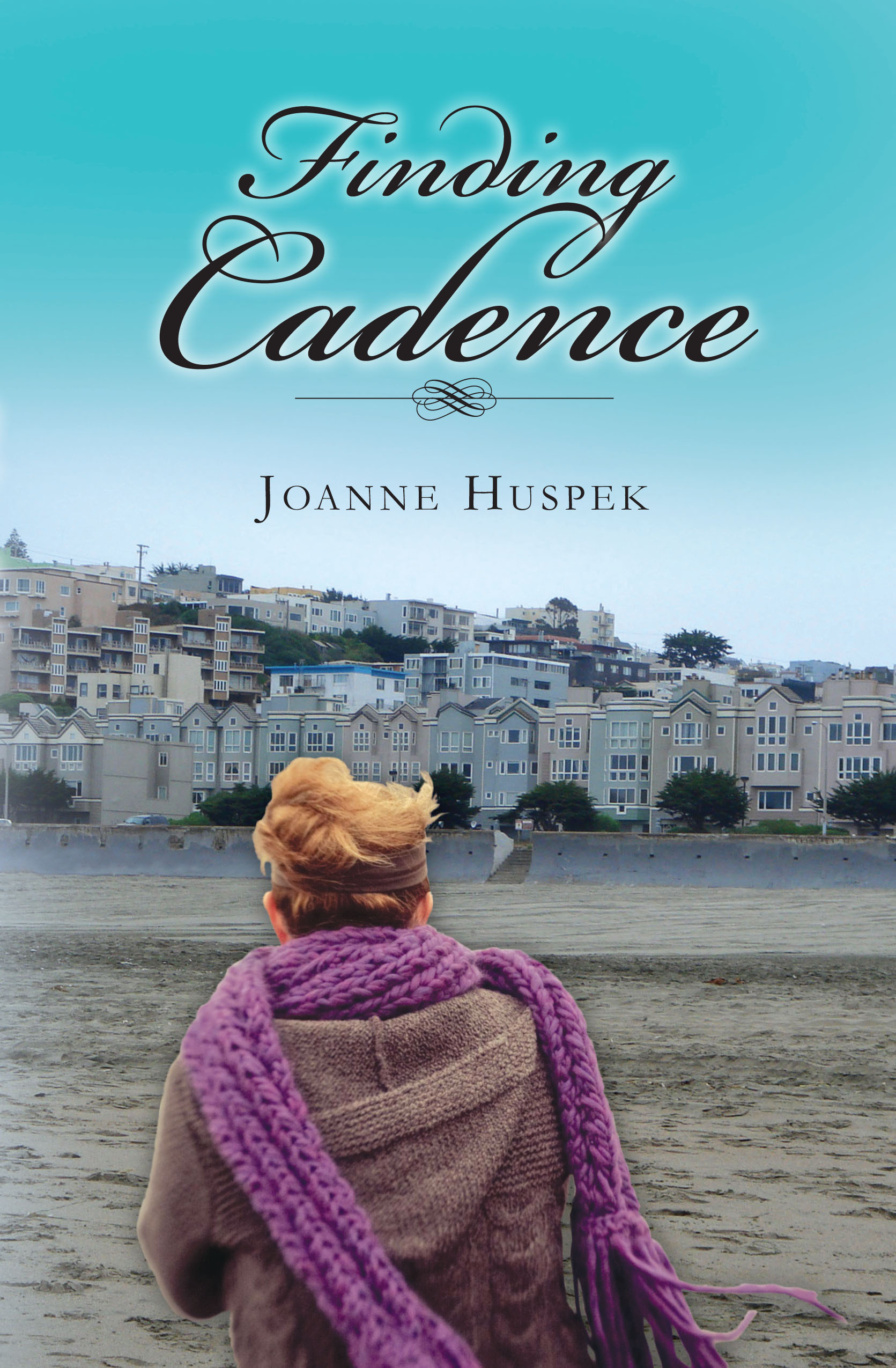I hope everyone’s Christmas (or whatever you choose to or decline to celebrate) was merry and bright. That goes without saying.
Last week, the Query Tracker blog featured a must-read post on log lines. For the new writer or others out of the loop, a log line is a one sentence explanation of your book (or movie) meant to hook the audience. Think bubble blurbs under a channel you have surfed to, or for those who remember TV Guide, a comprehensive yet pithy summary of this week’s episode. An example from one of my favorites, That ’70’s Show:
This isn’t the only reason why, but writers should practice crafting log lines, and pitches, even as you struggle to write to those magic words “The End”. Your novel might be the next New York Times best seller, but in order to sell it to an agent, your pitch, whether written or verbal, has to be totally outstanding. Even if you decide to self-publish, if your blurb doesn’t catch the eye of your potential reader, you might as well go home and start over. If the premise doesn’t sound massively appealing to you, how do you expect it to sound to a stranger? You might also want to practice log line writing in order to test your story. Is there something about your novel that sets it apart from the others in your genre? If the premise is the same old formula (for example, boy meets girl, they fall in love, there’s conflict, they get back together and live happily ever after) (or, for those action lovers, man goes to work just as the world is beginning to end, the government enlists him to help save the world, there’s conflict, but he saves the world and everyone lives happily ever after), how is your log line/pitch written so that it transcends stereotypes and sounds fresh?
I am musing today over log lines, because this weekend, after a marathon of cleaning, a massive consumption of food, and the requisite present opening, I had the opportunity to catch two movies. Both were released in 2011. Each starred a former actor from That ’70’s Show. Both were cute, light, romantic comedies. And both were basically the very same story. Blatantly the same.
One was No Strings Attached, the other was Friends with Benefits.
Or, boy and girl suffer from bad relationships, decide to hook up with unsuspecting friend for relationship-less sex-capades, but eventually – and despite many denials to the contrary – fall in love with the booty call, and live happily ever after.
Watching these movies made we wonder if the same writers were working on both projects. Or if Ashton Kutcher and Mila Kunis discussed their simultaneous projects in friendly phone conversations. (Maybe they don’t talk to each other anymore?) I then wondered if anything could be done to either one to make one movie stand out from the other. (No. The only thing that could have been done was to release one of the movies a year from now.) Maybe Kutcher and Kunis should have done one of the movies together, leaving Justin Timberlake and Natalie Portman to do the other.
As a writer, I think of my stories as completely unique. But is anything really unique? The challenge is to write the best story you possibly can, and use your log line as a tool.









2 Responses to Where Was the Battle of the Log Lines on This One?